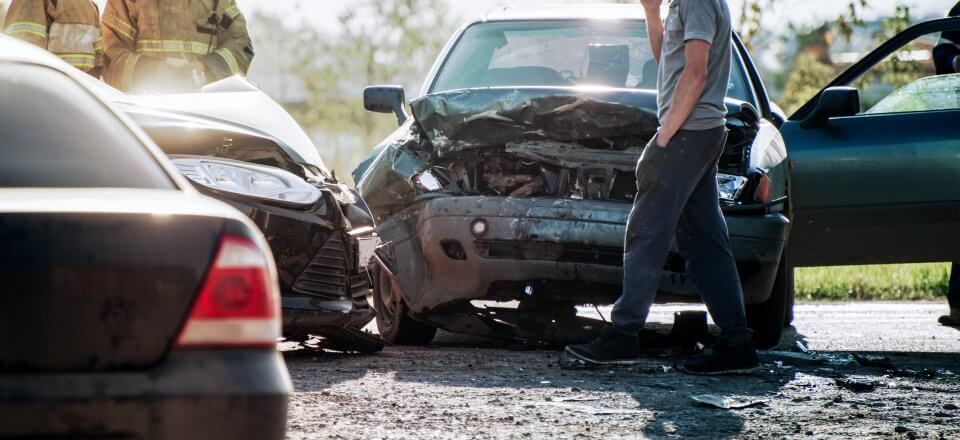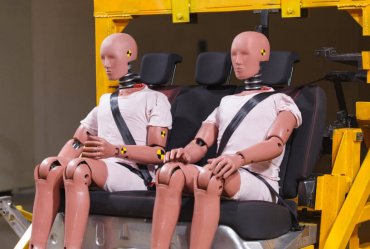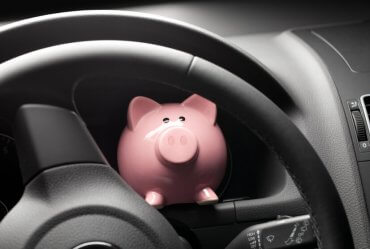
No matter how minor, car accidents can be scary, frustrating, and confusing. There are many things going on at once and some of them are urgent issues. Here, we’ve outlined what to do when you’ve been in an accident.
Safety First
You must first make sure you are as safe as possible after the accident. It may seem like the worst has already happened, but depending on where your collision took place, you and your passengers may still be at risk of another collision.
If you’ve flown in an airplane, you’ve likely heard the flight attendant explain how in the event of a pressure change in the cabin, adults are supposed to put their own oxygen mask on first, then their child’s. This throws some people off, but the theory is that if you lose oxygen while helping your child, you’re both in danger. This same principle goes for automobile accidents, too.
Steps to take:
- Move vehicles out of traffic to a safe place, if the car accident is minor
- Shift into park, turn off your vehicle, and turn on hazard lights
- Use cones, warning triangles, or road flares for visibility to other drivers
- If you can’t move your car, get yourself and any passengers you have to a safe distance away from the collision, but do not leave the scene
- Secure and conceal any valuables before leaving your vehicle
Call For Help
Just like with the oxygen masks, it may seem like you’re supposed to call 911 first, but that should be done once you know everyone — you and other drivers — are as safe as they can be.
Steps to take:
- Call 911 and let them know your location, as specifically as possible, and if there are any injuries
Even if there are no injuries, a police report will need to be taken for insurance reasons. You should also still report it if you were a victim of a hit-and-run.
Capture Information
If you have access to your cell phone, start taking some photos of everything from your location to the car’s license plates. If not, find a pen and paper to write down everything you can. You can also take information down my drawing or recording a voice memo. Whatever you have to do to collect and save information.
- Collect information:
- Names and contact information for all drivers and passengers
- Driver’s license numbers
- Descriptions of the vehicles involved (year, make, model, color)
- License plate numbers
- Insurance companies and policy numbers
- Names and contact information for witnesses of the accident
- Accident scene location and/or address
- Police officer’s name and badge number
- Write down all you can remember about what happened, or record with audio or video details
- Document injuries, road and weather conditions, and anything else you believe contributed to the accident
Move Your Car
If your car is not drivable, it will need to be moved from the accident site. If you allow the police to move it, they will call a tow truck but it will likely be your financial responsibility to have it towed or to release it from the tow truck’s lot. Even if your car is totalled, you will still want to get your personal items out of the car, but you can’t spend time doing this if your car is in an unsafe spot. Depending on your insurance policy, you may have roadside assistance, towing services, rental car coverage, or other services available to assist you after an accident.
Steps to take:
- Call roadside assistance if there is a chance your car is still drivable
- If police insist on moving the car themselves, collect the name of the towing company, location it is being taken to, and the cost.
File a Claim
You can actually start the claim process right at the scene of the accident in most cases. You don’t need every detail right then and there, but calling your agent sooner rather than later is always a good idea. If no one else was involved and there was no property damage, you may not need to file a claim.
Steps to take:
- Contact your insurance agent and file a claim
- Work with your insurance adjuster to speed up the claims process
What NOT To Do After an Accident
There are plenty of things you need to do after an accident, but also some things to try and avoid. For one, don’t sign anything unless it is for your auto insurance or for the police. Also, don’t discuss fault at the scene of an accident. That is up to your insurance company to determine.
Accidents are frightening and, in some cases, infuriating, but don’t let your emotions get the best of you and make the situation worse by yelling at the other driver, for example. Do your best to stay calm and not speak to the other parties unless taking down information.
Having proper auto insurance coverage can ease your mind if you get involved in a car accident. Get a free car insurance quote for affordable, quality car insurance through Freeway Insurance or call (800) 777-5620 to speak with a live agent.



